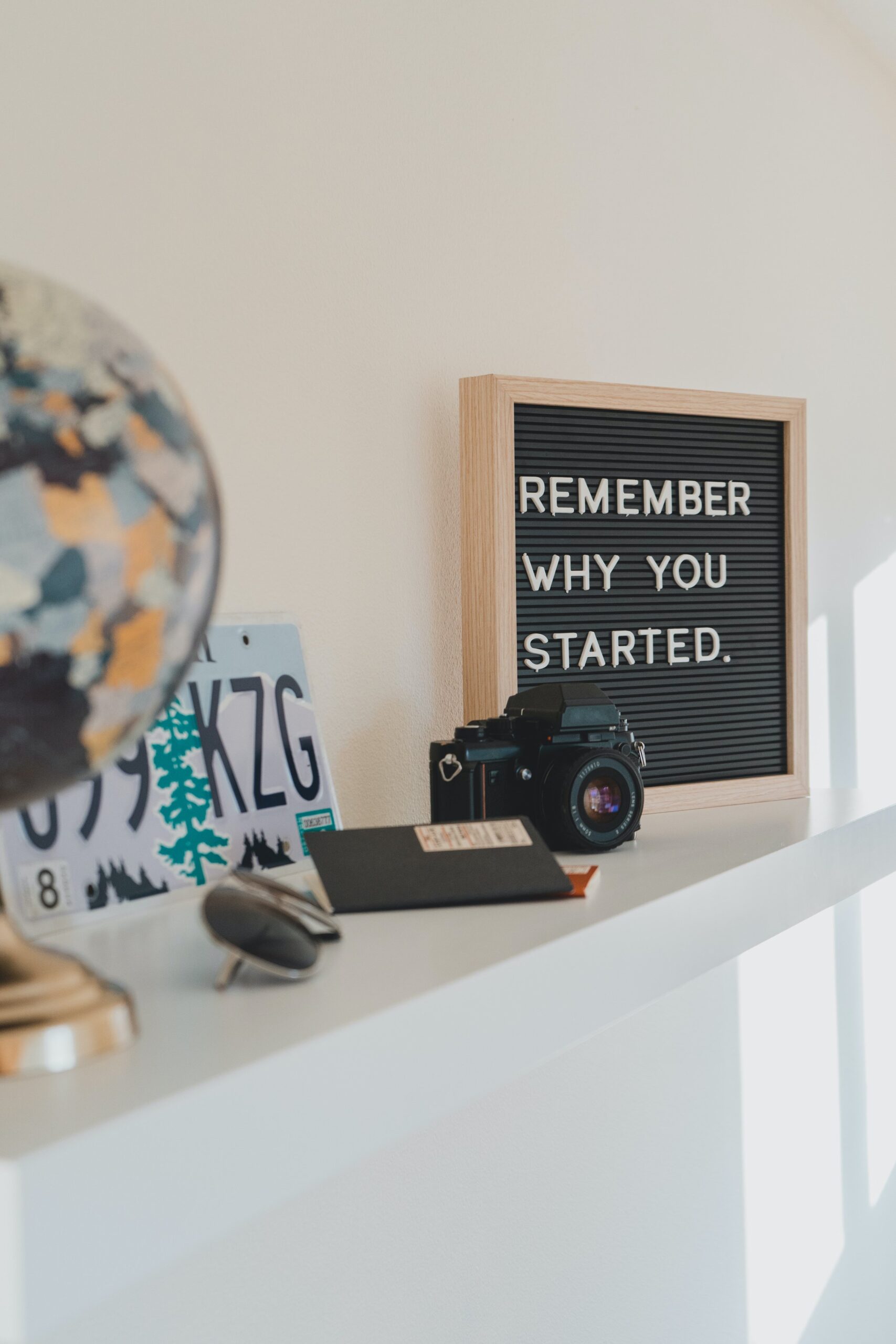Stress

The phrase “Sunday scaries” is one that has been normalized and frequently used in our society to refer to the “fear” or anxiety that comes on a Sunday when anticipating the upcoming work week. Due to this, Sundays have slowly become less of a relaxing weekend day and have become replaced with feelings of worry, restlessness, and a sense of dread. While it is okay to begin to anticipate the upcoming work week, it becomes problematic when the “Sunday scaries” completely take control and ruin the day. Overall, it is possible to take back control of your Sunday and not make it so scary.

The word “no” is just two letters but can feel so intimidating and off putting to say to others. To some, this can be one of the most difficult words to udder. Despite the want to say “no” to another person, the words “yes, absolutely” or “no problem” can come in its place. Next thing you know, you are committed to a task or an event that you did not want to complete or attend. Saying “no” is an important skill to acquire and practice in order to begin prioritizing your own mental health and emotional needs.

While building insight about any particular idea or choice, our minds tend to have little conversations or monologues weighing all the different aspects and facts around the situation. Sometimes we look to our trusted supports in our life to help in this process and offer an outsider’s perspective. As a therapist, insight-building is often a part of the therapeutic process. Sometimes it is a clear objective and other times it is a byproduct of the therapeutic process itself. Regardless, insight refers to our ability to use our wisdom to build a complete understanding of an idea or situation. This is very important when related to making a choice or building motivation for change.

For some reason, it has been a long road for both public and private academic institutions to take this link between mental health and academic functioning seriously. We are seeing more and more robust and dedicated mental health services and systems in our educational programs, however time spent with many families has shown me that the direct link between mental health struggles and academic struggles is hardly common knowledge.

If you are someone on a journey to learn more about your eating habits, in recovery from an eating disorder, or someone genuinely interested, this blog will discuss what intuitive eating is. Diet culture can be a difficult approach towards someone’s weight loss goals. It often cycles between restriction and exercise which can put someone at risk to develop disordered eating or an eating disorder. This mindset of a transaction and “bad” food items to be earned through restriction, exercise, or calorie counting can be an unhealthy mindset towards someone’s overall wellbeing. Our body is an amazing tool and vessel. Sometimes we can ignore what it is telling us it may need. Intuitive eating is an approach to shift our focus from what we know, towards a healthier relationship with food. Not one filled with anxiety, stress, guilt, sadness, and shame if we have a donut, or “ate horribly today”. Intuitive eating is an anti-diet approach where you are more mindful and connected with your body as it tells you what it needs. Through this, you learn not to judge yourself or listen to diet culture tones. Our body tells us when it is hungry, when it is thirsty, when it is starving, and what is satisfying.

Video games have frequently been portrayed in the media as, at best, a “waste of time”, and at worst, harmful to those who play them. However, there has been an increasing amount of research that not only contradicts these claims, but identifies numerous benefits of playing video games. Another common misconception of video games is that it is for children, particularly male children; however, the people who play video games has continued to become an increasingly diverse group. The age of the average video game player is 35 and it is estimated that approximately 59% of those who play video games are male and 41% are female (Halbrook, O’Donell & Mstefi 2019).

Motivation is what pushes us to do and accomplish both the things we want and need to do, from going to school or work, to spending time with friends and loved ones, spending our time enjoying our hobbies. Many times, our motivation is not something we are consciously aware of, especially when it comes to thinking how we are motivated. There are two main different types of motivation: extrinsic and intrinsic.

In the mental health field, we focus on ways in which we can feel better by learning effective coping skills to alleviate mental distress. Often enough, we don’t take into consideration how the food we eat impacts not only our physical health, but also our mental wellbeing. Therefore the question is, does our diet affect how we feel emotionally? The answer is an astounding YES!!!

Why is sleep so important? Sleep is a critical aspect of our overall wellbeing both physically & mentally. There are two major phases of brain activity during sleep that we cycle through every night. These are called Non-Rapid Eye Movement (NREM) & Rapid Eye Movement (REM). During NREM sleep, the brain slows down which results in decreased eye movement & muscle activity. This is when the brain is preparing the mind & body to enter into a state of deep sleep. About 1-2 hours after NREM, we enter into REM sleep. This is when activity in the brain increases at a rapid speed & usually results in vivid dreaming! Throughout the night we go in & out of these two phases of sleep.

One of the things that distress people struggling with mental health challenges like anxiety and depression is the inability to make a decision or sometimes feeling like they do not know what it is they want in a given situation. This can cause much distress and make undesirable situations even more difficult. There are many insight-building strategies that help people clarify what is important to them and what choices they want to make. In this blog, we will be going over one of those strategies in the form of a four-square pros and cons exercise. This is inspired by that from Dialectical Behavioral Therapy but includes a few differences. This exercise is designed to help you access your wisdom regarding a particular choice. Please keep in mind that when using this exercise, each time it is used it is used for the positive statement of a choice, and then the negative statement of the choice. For example, this tool would be done with statements such as “attending my friend’s birthday party” and “not attending my friend’s birthday party” instead of 2 different statements such as “Attending my friend’s birthday party” and “Going to the mall”. Now, let’s review more about how this exercise is used.